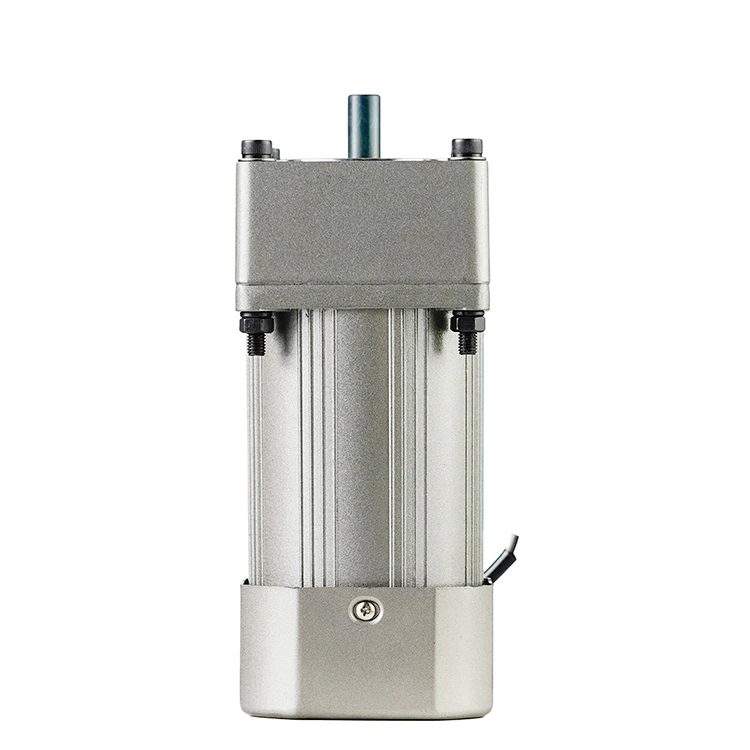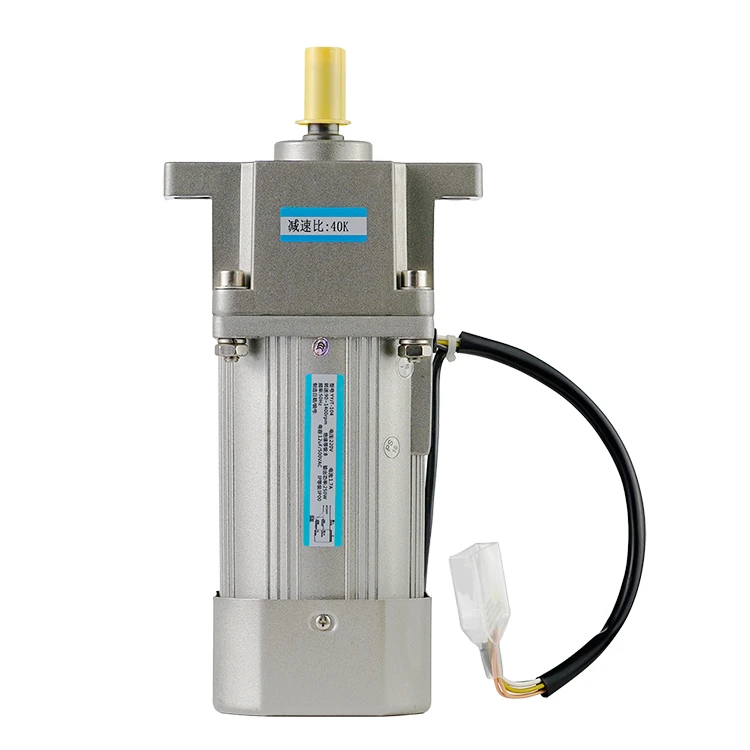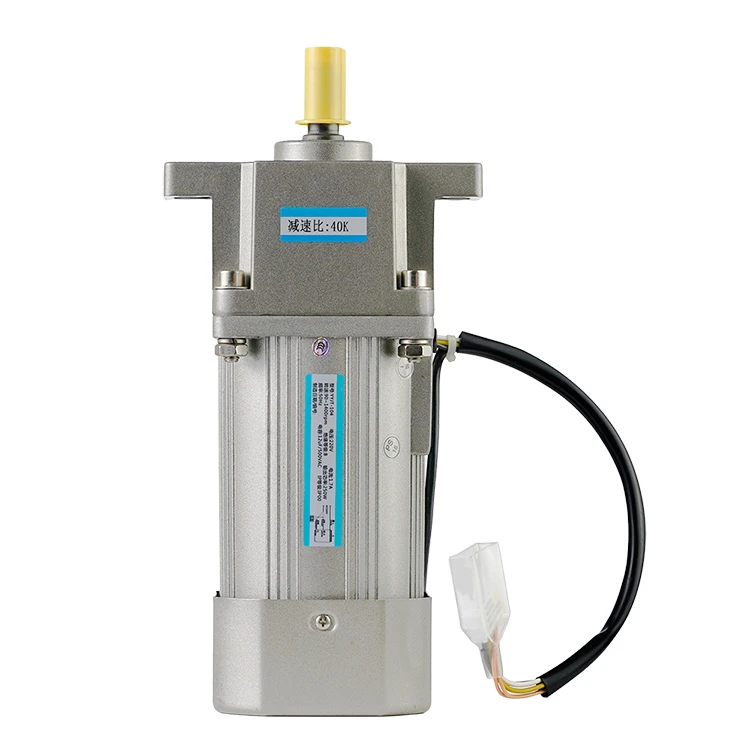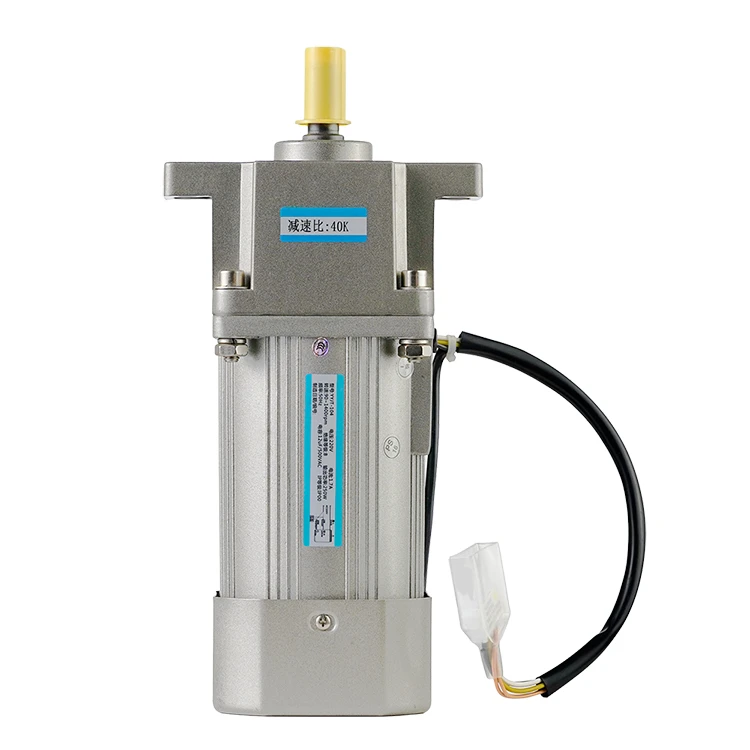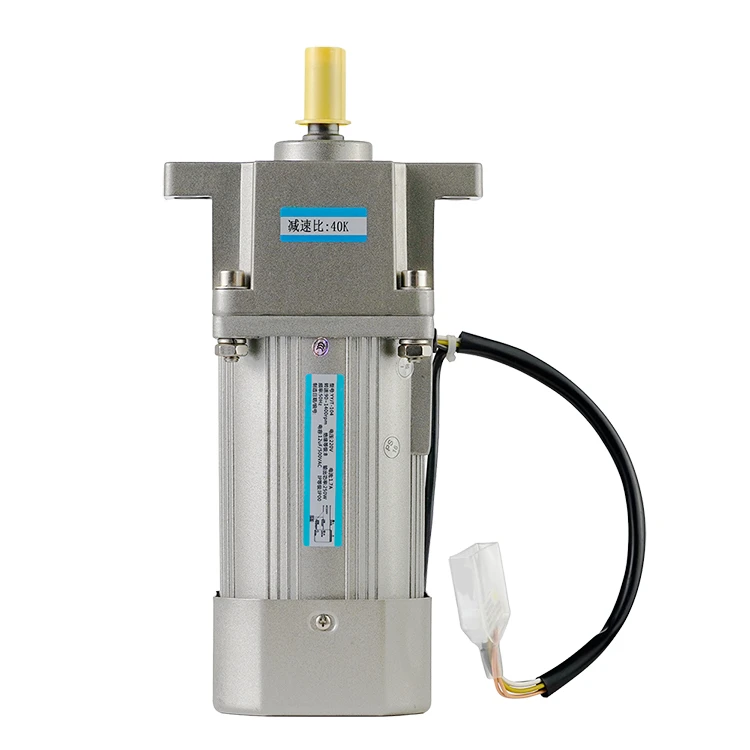What are the types of servo motors?
2023-03-15 08:38:24
A servo motor is a motor that uses feedback to control the position and speed of the motor shaft. Servo motors are used in a wide variety of applications, including robotics, automation and industrial equipment. In this article, we will discuss the different types of servo motors and their characteristics.
Types of Servo Motors
- DC servo motors are the most basic type of servo motor. They consist of a DC motor and a feedback mechanism, usually a potentiometer, to provide position feedback to the control system. DC servo motors are relatively simple and inexpensive, but they provide limited accuracy and speed control compared to other types of servo motors.
- AC servo motors use an AC motor and a feedback mechanism to control position and velocity. They are more complex than DC servo motors, but they offer better accuracy and speed control. AC servo motors are widely used in industrial automation, robotics and other high-performance applications.
- Linear servo motors are designed to provide linear motion rather than rotary motion. They consist of a stator and a slider that moves along the stator in response to a control signal. Linear servo motors are used in a variety of applications, including robotics, printing and semiconductor manufacturing.
- Position rotary servomotors are a type of servo motor commonly used in robotics and hobbyist applications. They are typically used to precisely control the motion of robots and other mechanical systems and are often used to control the motion of arms, legs and other appendages. However, they are not suitable for high speed or high torque applications and may not be precise enough for some industrial applications.
- Continuous rotation servo motors are typically used to drive wheels or other motion mechanisms in robots and other mechanical systems. They consist of a small DC motor, a gearbox, and a control circuit. The control circuitry receives a command signal, usually in the form of a PWM signal, that instructs the motor to rotate in a specific direction at a specific speed.
Conclusion
In summary, AC servo motors, DC servo motors, continuous rotation servo motors, positional rotation servo motors, and linear servo motors are different types of servo motors with their own unique characteristics and advantages. The choice of servo motor depends on the specific requirements of the application, such as speed, torque, precision, and cost.
See What Lunyee Can Do For You
Contact Us
- 8619149417743
- +86-0371-5562 0274
- [email protected]
- Zhengzhou, Henan Province, China
- Mon-Fri: 9:00 - 18:00
